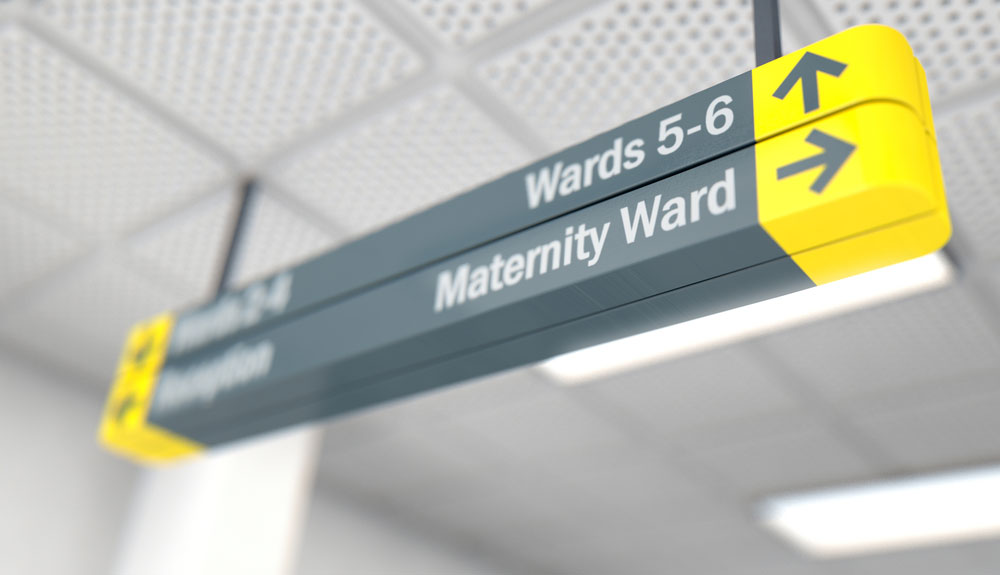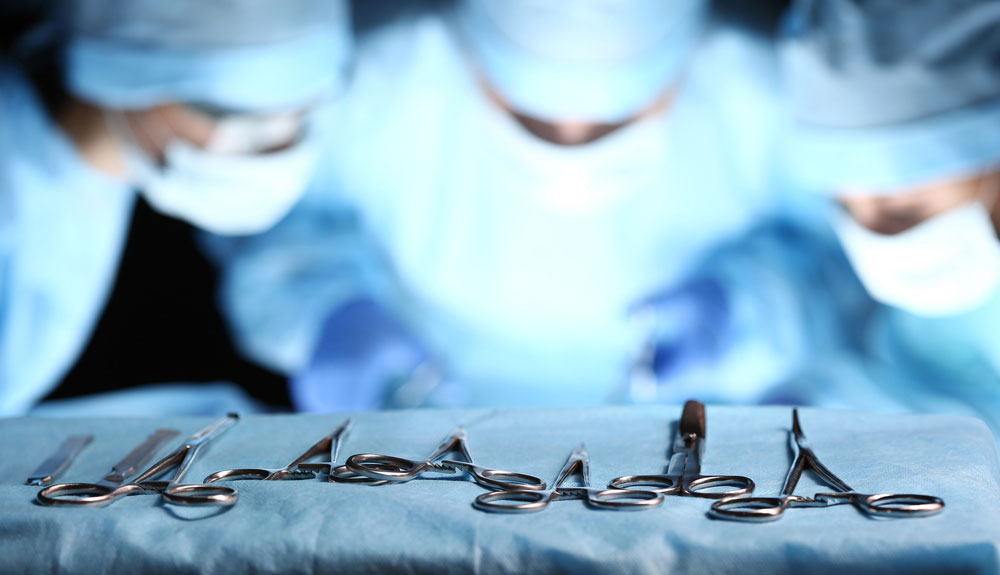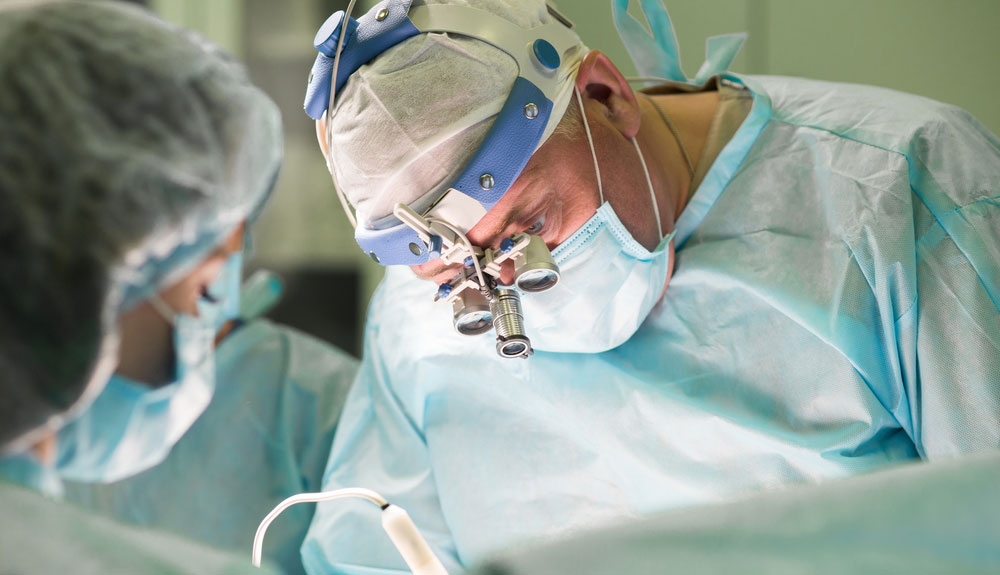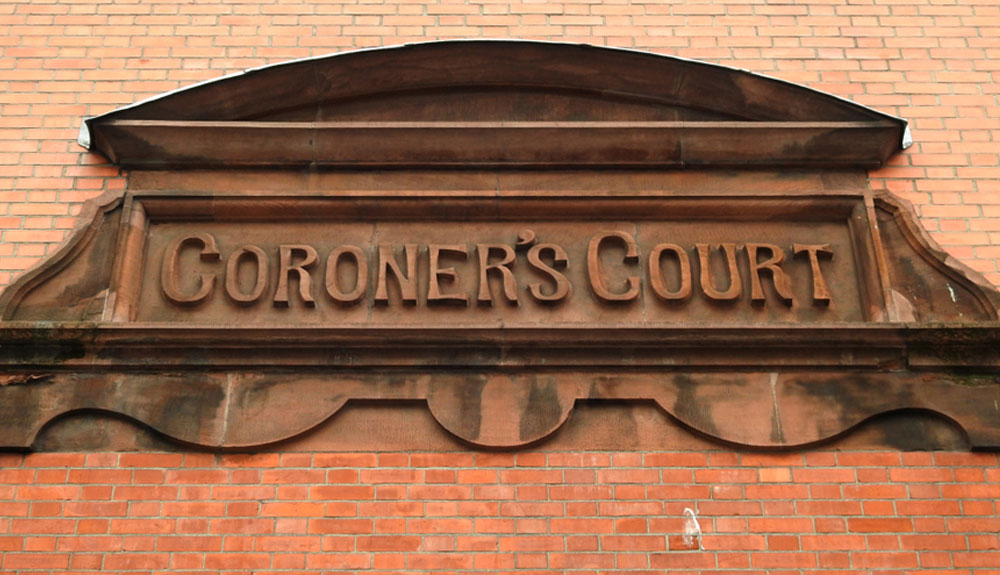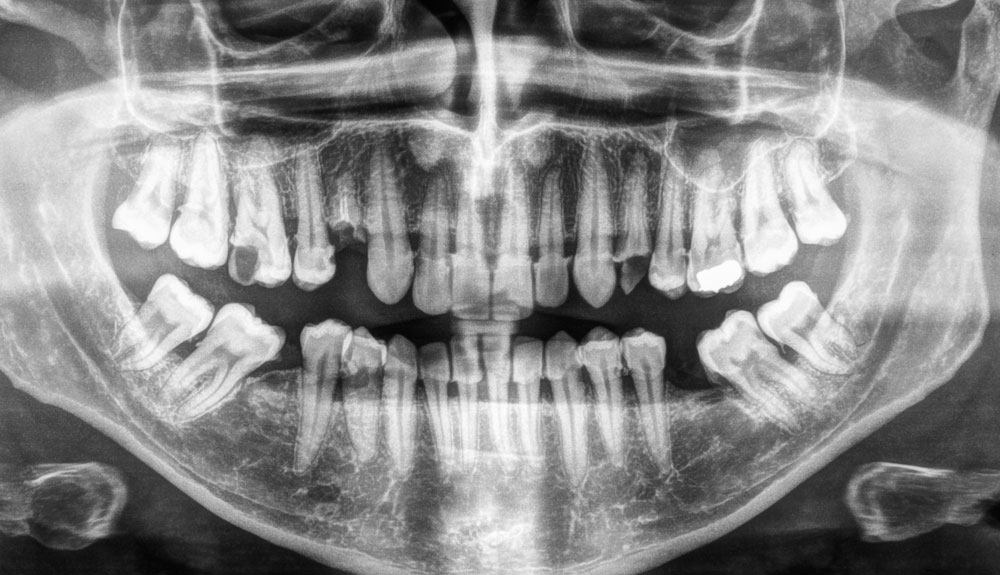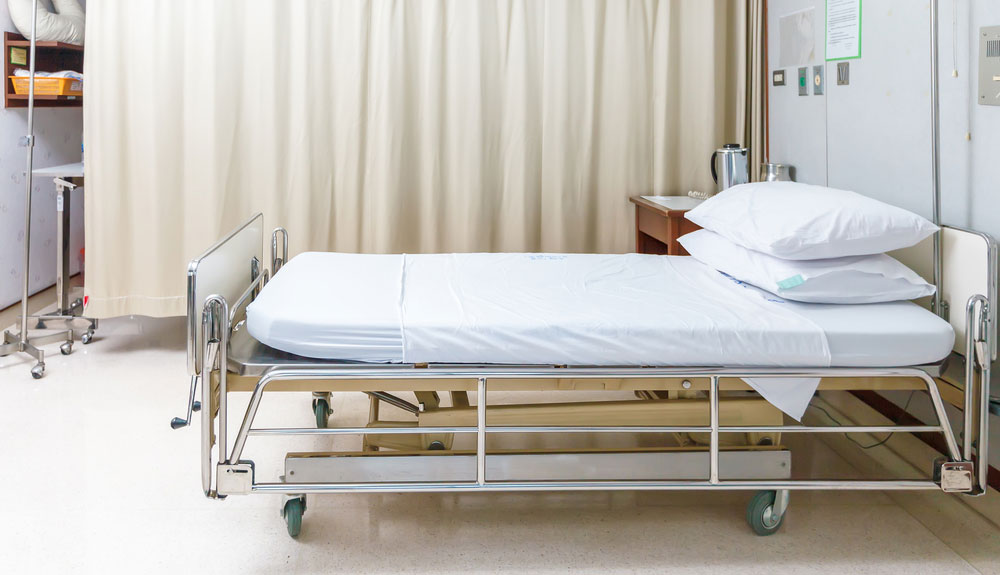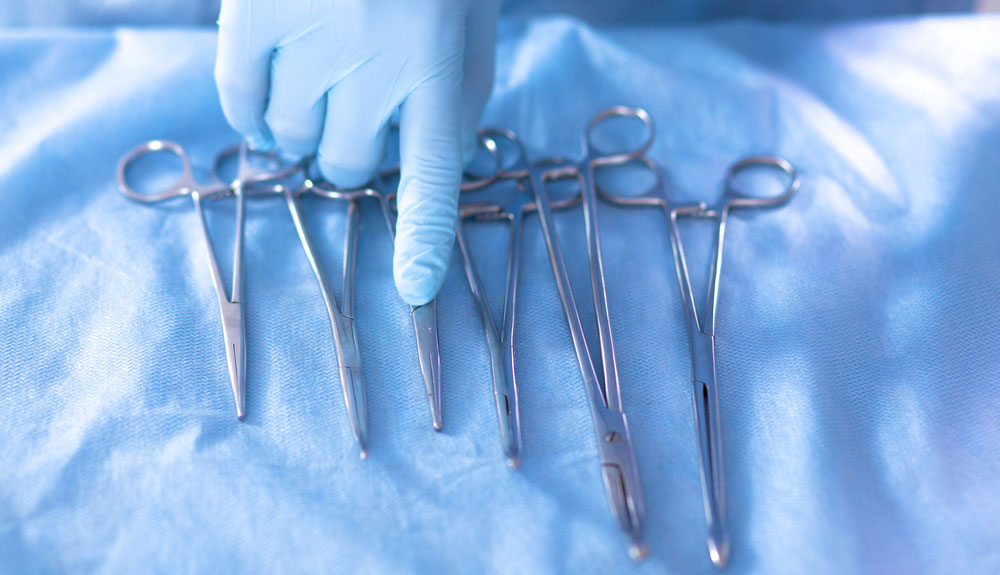Orthopaedic compensation claims
Caroline Webber-Brown looks at orthopaedic compensation claims.
If you have ever broken a bone, suffered a dislocation, or undergone joint replacement surgery, then it is more than likely that you will, at some point, have been treated by the Orthopaedic Department at your local hospital.
Orthopaedic teams deal with injuries caused to bone, which commonly involve fractures and joint replacement. In the majority of cases treatment is successful, however there are circumstances when the outcome is not as good as expected.
Not all poor outcomes arise as a result of medical negligence, but where treatment is substandard you may be entitled to make an orthopaedic compensation claim.
What can I claim for?
Claims usually arise when surgery or general treatment has been performed below a reasonable standard. Claims can arise for different reasons. Among the cases we have been asked to deal with are the following:
- Substandard joint replacement surgery, commonly including:
- total or partial hip replacement (arthroplasty) or resurfacing
- knee replacement or resurfacing
- ankle, elbow, and shoulder replacement or joint resurfacing
- Substandard joint fusion surgery (arthrodesis), used to fix the joint in place, commonly used for ankles and fingers
- Infection and arthritis
- Delay in diagnosis and treatment of bone fractures
- Inappropriate or avoidable surgery to repair fractures
- Substandard rehabilitation
What do I need to prove?
The onus is on the claimant and their legal team to prove that the medical treatment was negligent.
The National Institute for Health and Care Excellence (NICE) sets out the guidelines for the standard of orthopaedic treatment.
It is often helpful to be able to provide the lawyer dealing with your case with the outcome of any complaint that has been made, along with your medical records and x-rays. If you do not have these documents, we can help you to obtain them.
What can I claim for?
Orthopaedic injuries can have complex, long term, and even life-changing consequences. Complications can include stiffness, dislocation, infection, fractures, and bleeding. Ligament, artery and nerve damage can also arise. These injuries can result in reduced mobility, prolonged pain (including joint or bone weakness) and potentially the development of arthritis. This can affect all aspects of your day-to-day life, from general mobility and self-care, to employment and your psychological wellbeing.
Orthopaedic compensation is typically broken down into three sections:
general damages: compensation for the your injuries;
past losses: including the cost of care and assistance, and loss of earnings already incurred; and
future losses: including loss of future earnings and the cost of any future medical treatment, care, aids and adaptations that may be required.
How we can help
If you, or someone you know has suffered issues as a result of orthopaedic surgery or treatment, do not hesitate to contact Caroline Webber-Brown for a no-obligation assessment of your claim and details of No Win, No Fee funding.







